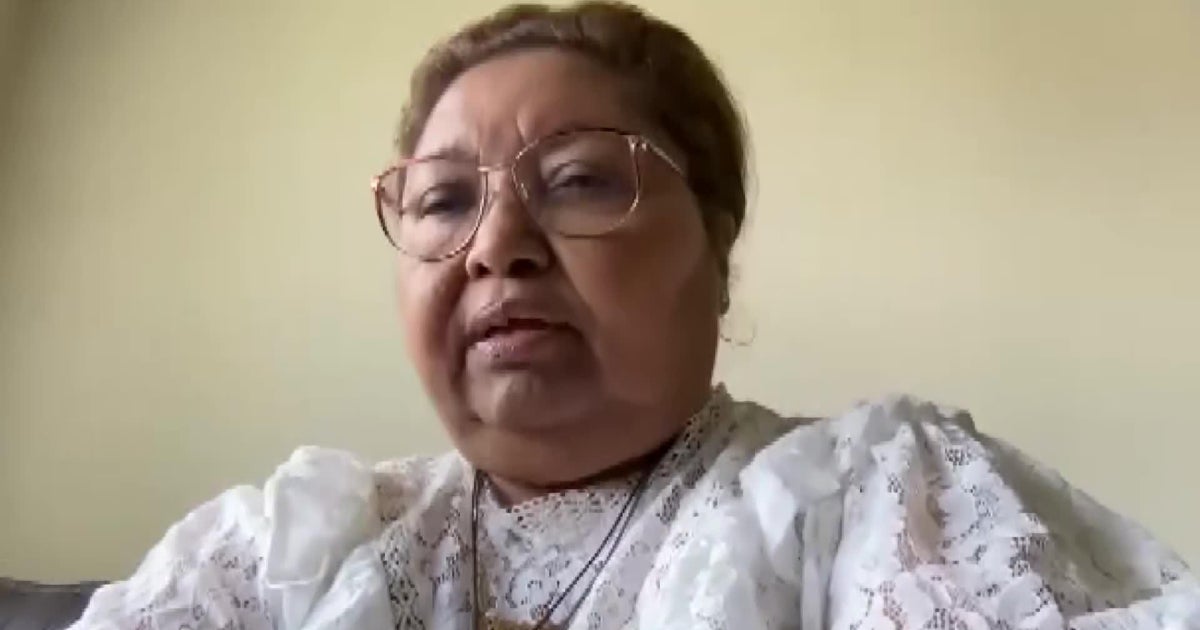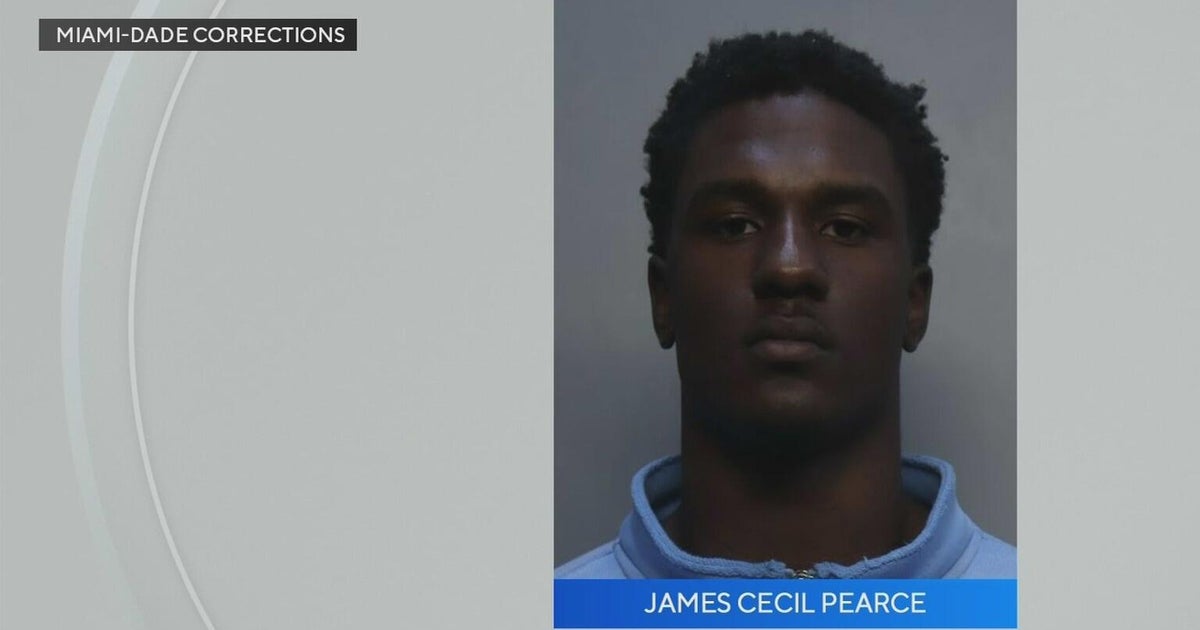A South Florida woman is among seven immigrants suing the Trump administration for ending Temporary Protected Status (TPS) for thousands of Hondurans and Nicaraguans, claiming the move was unlawful and dangerously rushed.
Fear of return drives lawsuit
Maria Elena Hernandez, a Nicaraguan immigrant who has lived in South Florida for more than 20 years, is one of the plaintiffs in a lawsuit filed in San Francisco by the National TPS Alliance.
The suit challenges the Trump administration’s decision to terminate TPS for people from Honduras, Nepal and Nicaragua.
“There’s lots of insecurity right now [in Nicaragua],” said Hernandez, who cited ongoing repression by Nicaraguan President Daniel Ortega and his wife, Vice President Rosario Murillo, who have been accused of violently cracking down on protests and violating human rights since 2018.
“We decided to take action,” said Hernandez, who is also a union member.
The lawsuit alleges that:
1. The TPS terminations were unlawful because they were not based on an objective review of country conditions, as required by law, but instead on a predetermined decision to end TPS.
2. The Department of Homeland Security provided only 60 days’ notice, leaving long-term TPS holders with barely any time to prepare for the end of their legal status and work authorization.
3. No TPS termination decision in the last 20 years—including during the first Trump administration—had provided so little notice for individuals who have held TPS for such a long time.
“We do the hard job that nobody wants to do, we want to be recognized for that,” Hernandez said.
Thousands face possible deportation
Omar Banegas, a 36-year-old Honduran TPS recipient, also expressed deep concern. He was just one year old when he left Honduras and now faces the possibility of being returned to a country he hardly knows.
“In less than 60 days, as stated by the Department of Homeland Security, I would have to go back to Honduras,” Banegas said.
“The country is not ready to receive a lot of people, especially a person with disabilities like me, being blind is really tough.”
The Trump administration this week officially ended TPS for approximately 72,000 Hondurans and nearly 4,000 Nicaraguans.
TPS for both groups was first granted in 1999 and had to be renewed every 18 months.
Homeland Security Secretary Kristi Noem defended the move, saying their stay in the U.S. “was never meant to last 25 years.”
A federal hearing in San Francisco next month will determine the fate of the lawsuit.



